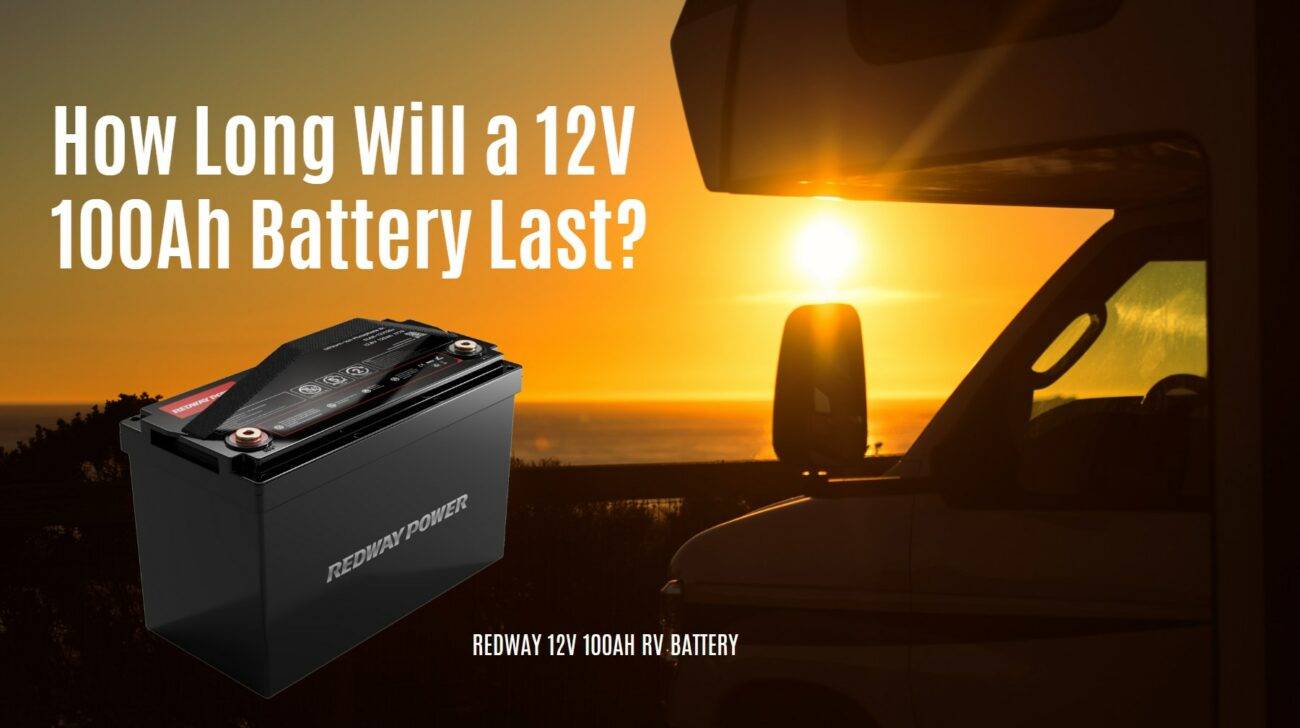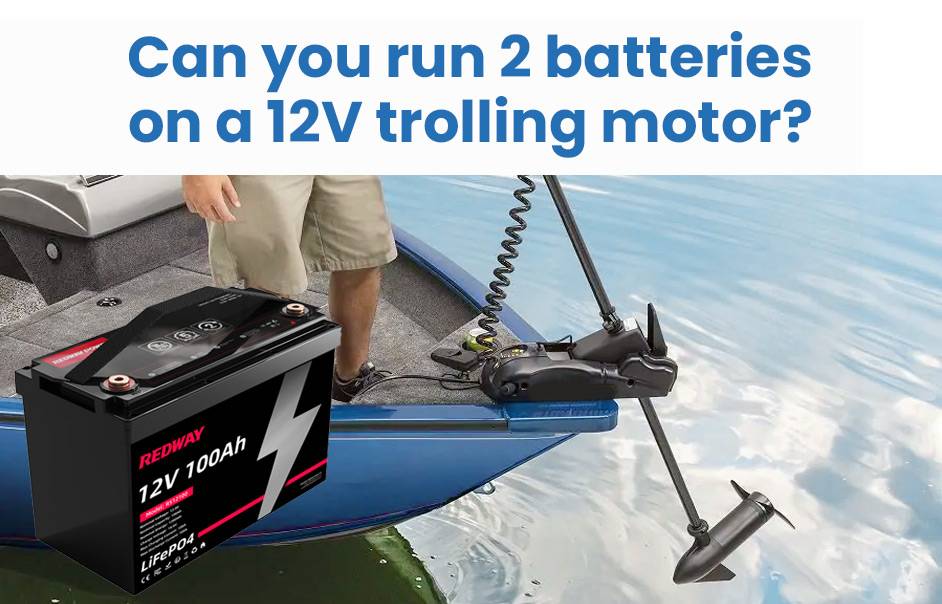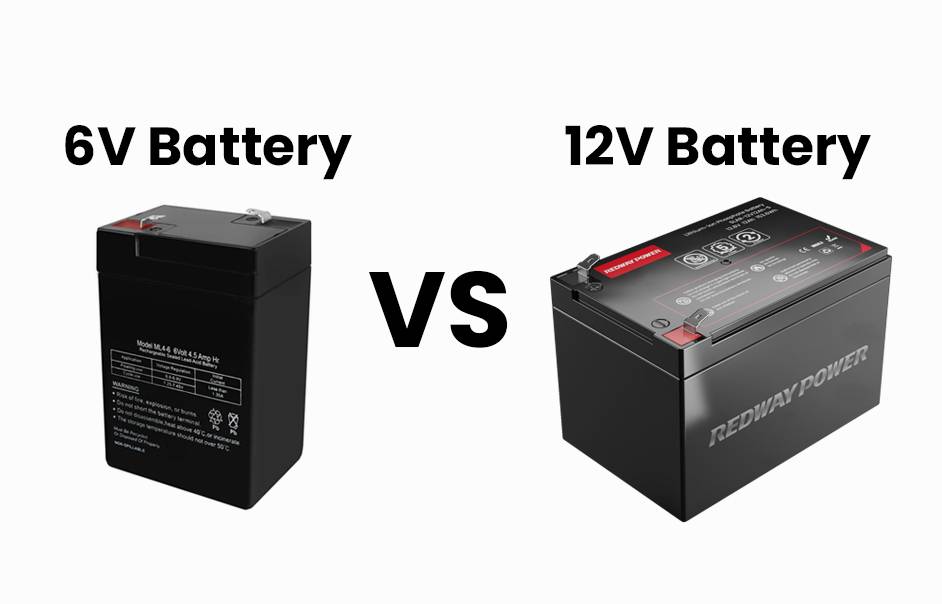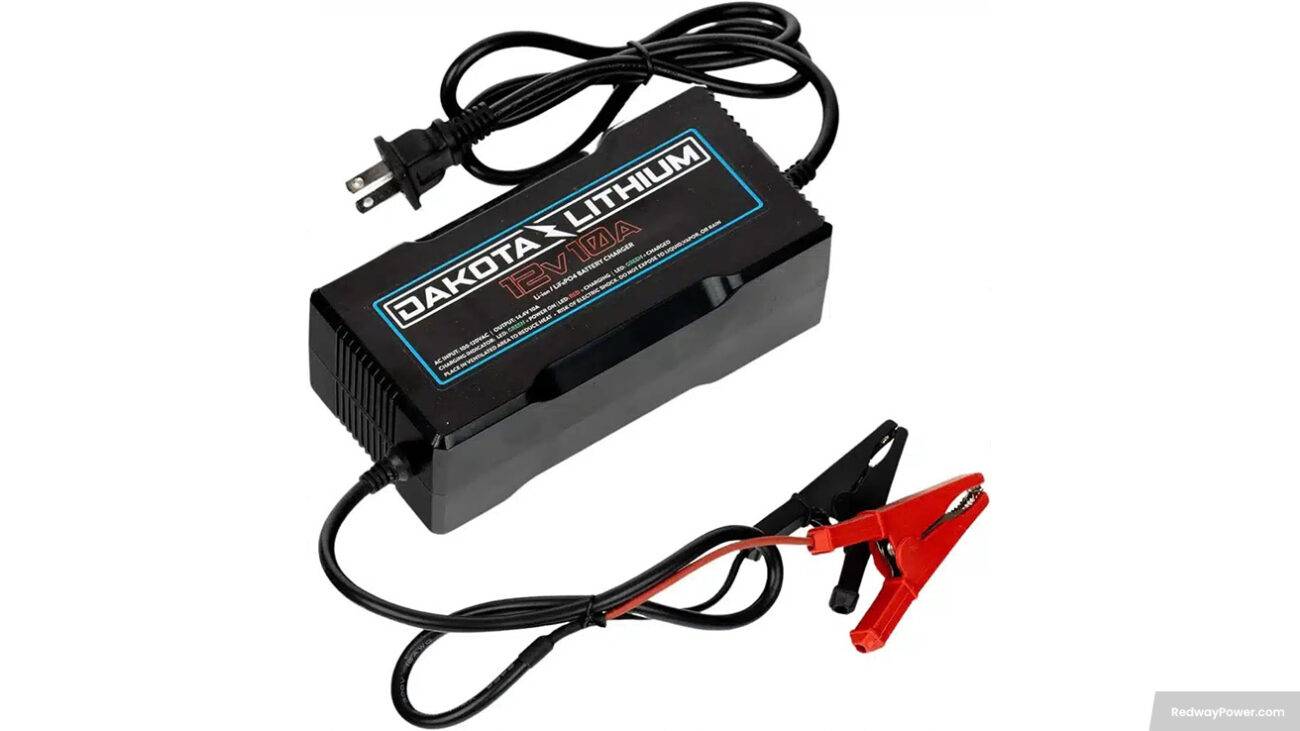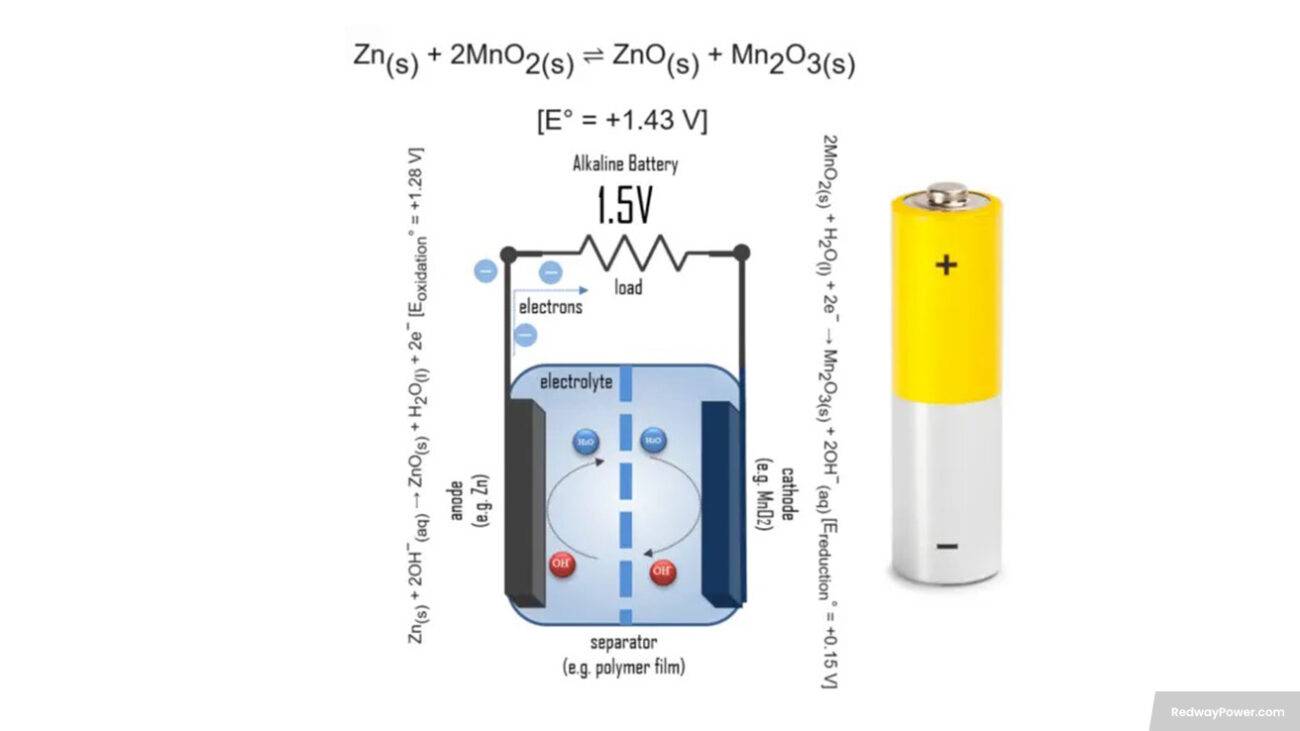12V batteries are an essential source of power for a wide range of applications, from cars and boats to RVs and solar systems. But have you ever wondered just how much power these little energy dynamos can pack? Well, wonder no more! In this blog post, we’ll dive into the world of 12V batteries and explore their maximum power output. Whether you’re looking to amp up your knowledge or seeking tips on maximizing battery performance, we’ve got you covered. So let’s plug in and charge ahead as we uncover the secrets behind the maximum power of a 12V battery!
Understanding Battery Power and Voltage
Understanding Battery Power and Voltage
When it comes to 12V batteries, understanding the concepts of power and voltage is crucial. Power refers to the rate at which energy is transferred or converted, while voltage measures the potential difference between two points in an electrical circuit.
In simple terms, power determines how quickly a battery can deliver electricity, while voltage indicates its strength. A higher voltage means more electrical force pushing through the circuit.
But how does this relate to maximum power output? Well, the maximum power of a 12V battery depends on various factors such as internal resistance, load impedance, and efficiency. These factors affect how efficiently the battery can convert chemical energy into electrical energy.
To calculate maximum power output accurately, you need to consider these variables alongside Ohm’s Law: P = V^2 / R. This formula allows you to determine power (P) based on voltage (V) and resistance (R).
In practical applications, 12V batteries are widely used in automotive vehicles like cars and motorcycles. They provide enough power for starting engines, powering lights and accessories, without being too cumbersome or costly.
To maximize both power output and lifespan of your 12V battery:
1. Keep it properly charged – regular recharging prevents sulfation.
2. Avoid deep discharges – frequent deep cycles can harm performance.
3. Store in optimal conditions – extreme temperatures should be avoided.
4. Use compatible devices – avoid overloading or short-circuiting.
5. Maintain cleanliness – keep terminals free from corrosion for proper conductivity.
By understanding battery power and voltage basics along with their influencing factors, you’re better equipped to make informed decisions when choosing a 12V battery for your needs!
Factors Affecting the Maximum Power Output of a 12V Battery
Factors Affecting the Maximum Power Output of a 12V Battery
When it comes to the maximum power output of a 12V battery, there are several factors that come into play. One of the most important factors is the type and quality of the battery itself. Different types of batteries have different power capabilities, so choosing the right battery for your needs is crucial.
Another factor that can affect the maximum power output is temperature. Extreme temperatures, whether too hot or too cold, can impact a battery’s performance. In colder temperatures, the chemical reactions within the battery slow down, resulting in reduced power output. On the other hand, excessive heat can cause batteries to degrade faster and potentially even lead to failure.
The age and condition of a 12V battery also play a role in its maximum power output. Over time, batteries naturally lose their capacity to hold and deliver energy efficiently. Regular maintenance and proper charging practices can help extend its lifespan and maintain optimal performance.
Additionally, how you use your 12V battery will determine its maximum power output as well. Heavy loads or continuous high-power applications can drain a battery quickly and reduce its overall efficiency.
It’s worth mentioning that voltage drop across wires or connections can also impact a 12V battery’s performance by reducing available current flow.
In conclusion (not concluding), multiple factors contribute to determining the maximum power output of a 12V battery – including type/quality of the battery itself , temperature fluctuations , age/condition , usage patterns ,and potential voltage drops . Understanding these factors allows us to make informed decisions when selecting and maintaining our batteries for various applications
How to Calculate the Maximum Power of a 12V Battery
Calculating the maximum power of a 12V battery is essential for understanding its capabilities and optimizing its usage. To determine this value, we need to consider two key factors: voltage and current.
First, let’s talk about voltage. A 12V battery delivers a constant voltage output of 12 volts. This means that regardless of the load connected to it, the battery will maintain this level of potential difference.
Next, let’s discuss current. The amount of current flowing from the battery depends on the resistance or load connected to it. Higher resistance results in lower current flow, while lower resistance allows for higher currents.
Now comes the calculation part! To determine the maximum power output (in watts) of a 12V battery, you simply multiply its voltage (12V) by its maximum available current (which can be obtained from manufacturer specifications). For example, if the maximum available current is 10 amps:
Power = Voltage x Current
Power = 12V x 10A
Power = 120 watts
So in this case, our 12V battery has a maximum power output of 120 watts!
Understanding how to calculate this value enables us to select appropriate devices or appliances that can be powered efficiently by our chosen battery. It also helps ensure that we do not exceed its limits and risk damaging either the battery or connected equipment.
Intriguingly enough, knowing these calculations paves way for creative applications like designing solar-powered systems or portable energy solutions with optimized energy storage capacities tailored specifically to individual needs.
To make sure you get accurate results when calculating your desired setup’s max power requirements; always double-check manufacturer data sheets and consult professionals knowledgeable in electrical systems design before embarking on any projects involving batteries as incorrect calculations may lead to inefficient use or even damage expensive equipment!
Remembering these handy formulas will undoubtedly help unlock new possibilities as you explore various practical applications for your trusty 12-volt battery!
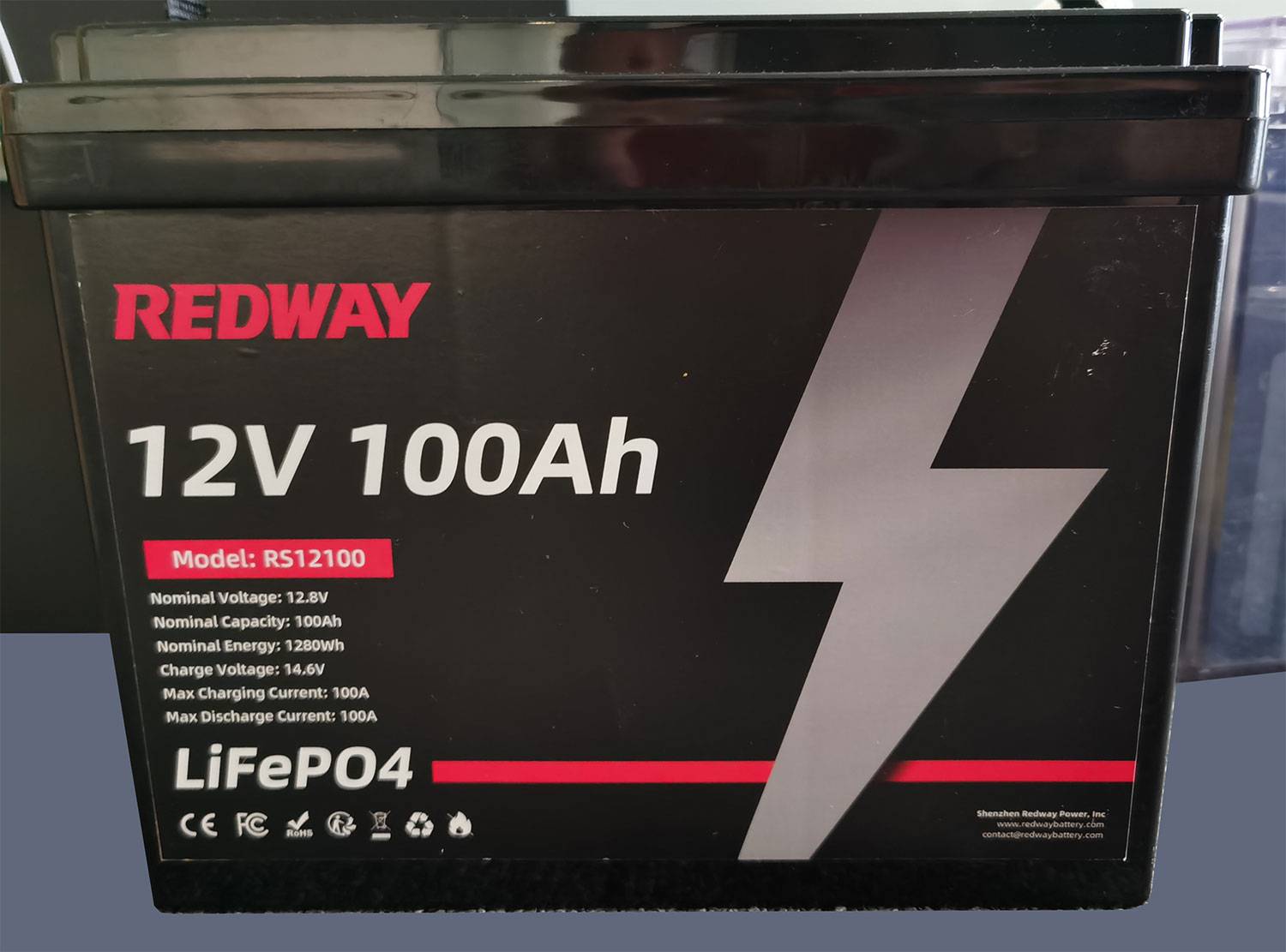
Practical Applications of 12V Batteries
Practical Applications of 12V Batteries
One of the most common uses for 12V batteries is in automotive applications. These batteries power everything from the engine’s starter motor to the lights and accessories in your car. They provide reliable power to start your vehicle and keep it running smoothly.
Another practical application of 12V batteries is in marine settings. Whether you have a small fishing boat or a large yacht, these batteries are essential for powering navigation systems, pumps, lights, and other electronic devices on board.
For outdoor enthusiasts, 12V batteries can be used to power camping equipment such as portable fridges, lanterns, and fans. These compact yet powerful batteries are perfect for keeping food fresh and providing light during those adventurous trips into nature.
In addition to automotive, marine, and camping applications, 12V batteries also find their way into off-grid solar systems. These systems use solar panels to charge the battery during the day so that it can power various household appliances at night or during periods of low sunlight.
The practical applications of 12V batteries are vast and versatile. From vehicles to boats to outdoor gear and even renewable energy solutions like solar power systems – these little powerhouses play a crucial role in our daily lives!
Tips for Maximizing the Power and Lifespan of a 12V Battery
Tips for Maximizing the Power and Lifespan of a 12V Battery
Taking care of your 12V battery is essential to ensure its maximum power output and longevity. Here are some tips to help you get the most out of your battery:
1. Regular Maintenance: Keep an eye on your battery’s water levels, especially if it’s a flooded lead-acid battery. Top up distilled water when needed and clean any corrosion from the terminals.
2. Avoid Deep Discharging: If possible, avoid fully discharging your 12V battery as this can reduce its lifespan. Recharge it before it reaches critically low levels.
3. Charge Correctly: Use a suitable charger that matches the specifications of your 12V battery to avoid overcharging or undercharging, both of which can affect performance.
4. Temperature Control: Extreme temperatures can impact the effectiveness and overall life span of your battery. Store it in a cool, dry place away from direct sunlight or freezing conditions.
5. Disconnect When Not in Use: If you’re not using your 12V battery for an extended period, consider disconnecting it from any devices or equipment to prevent unnecessary drain on its power.
6. Avoid Overloading: Be mindful of how much load you put on your 12V system at once; exceeding its capacity may cause strain on the battery and decrease its efficiency.
7. Consider Using Solar Charging: If applicable, utilizing solar panels to charge your 12V batteries can be an environmentally friendly option while also prolonging their lifespan.
By following these tips, you can maximize both the power output and longevity of your 12V batteries for all applications – whether it’s powering vehicles, boats, RVs or providing backup power during emergencies.
Remember that each type and brand of a 12V battery may have specific requirements regarding maintenance and usage guidelines – always refer to manufacturer instructions for optimal performance!
So go ahead! Take care of your 12V battery, and it will take care of you by


